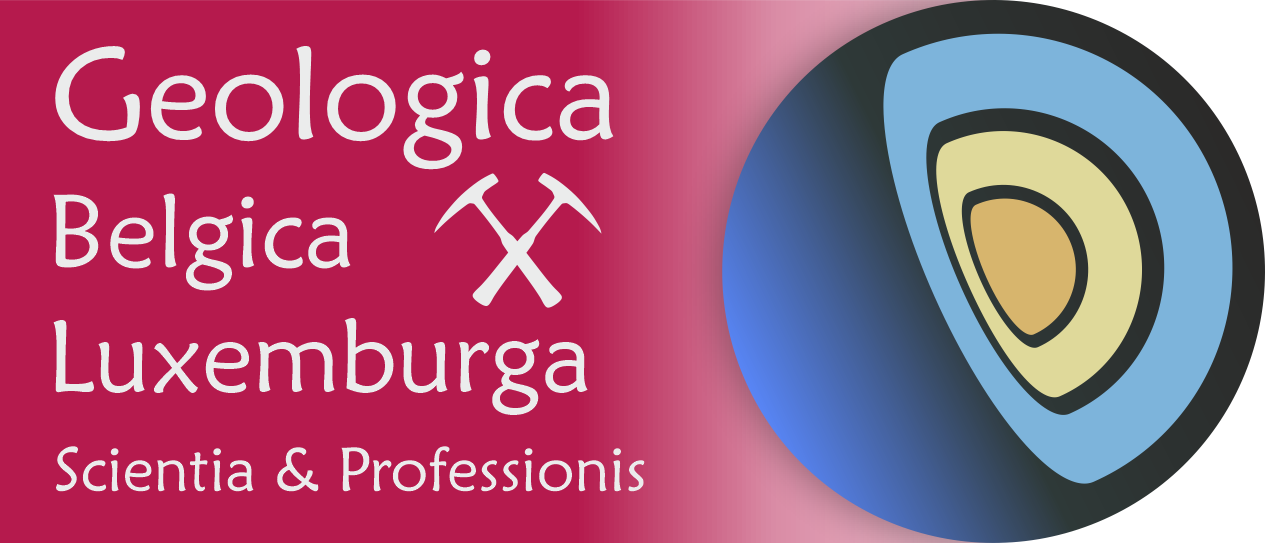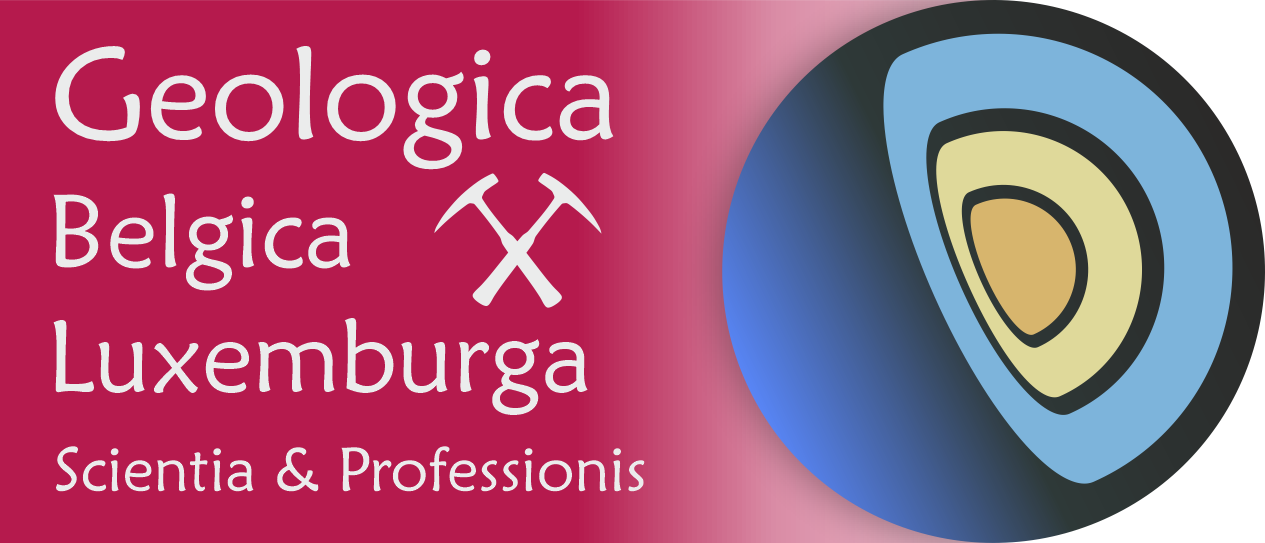- Accueil
- volume 16 (2013)
- number 1-2
- Stratigraphy of the Lower Palaeozoic of the Brabant Massif, Belgium.Part I: The Cambro-Ordovician from the Halle and Ottignies groups.
Visualisation(s): 1497 (27 ULiège)
Téléchargement(s): 1904 (24 ULiège)
Stratigraphy of the Lower Palaeozoic of the Brabant Massif, Belgium.Part I: The Cambro-Ordovician from the Halle and Ottignies groups.

Abstract
Multidisciplinary research in the last 25 years and recent geological mapping in the Brabant Massif, have completely changed our knowledge about one of the poorly known part of Belgian geology. The sedimentary succession is surprisingly complete by comparison with the literature before the 1970s, from the lower Cambrian to the top of the Silurian, and very thick (>13 km), thus highlighting the need to produce an up-to-date stratigraphic nomenclature. In this first paper about the Cambrian and the lowest Ordovician, we describe in detail the formations, which are classified into two new groups, how the description of the units evolved through time, their lithology, sedimentology, boundaries and contacts, thickness, fossil content and type sections or most typical outcrop areas. The lower Halle Group comprises the Blanmont, Tubize and Oisquercq formations that consist of sandstone, siltstone and pale coloured slate. The overlying Ottignies Group comprises the Jodoigne, Mousty and Chevlipont formations formed of a more argillaceous and notably darker lithology. The two groups constitute a very thick (> 9 km) lower Cambrian to lowermost Ordovician siliciclastic succession, mostly pelagic and turbiditic. The cumulative thickness curve is concave-upwards which shows an extensional rift basin. A comparison with the Condroz Inlier shows that only the uppermost part of the sedimentary pile was observed in boreholes (Chevlipont Formation).
Pour citer cet article
A propos de : Alain HERBOSCH
Département des Sciences de la Terre et de l’Environnement, Université Libre de Bruxelles, Belgium, E-mail : herbosch@ulb.ac.be
A propos de : Jacques VERNIERS
Department of Geology and Soil Science, Ghent University, Belgium, E-mail : jacques.verniers@ugent.be






